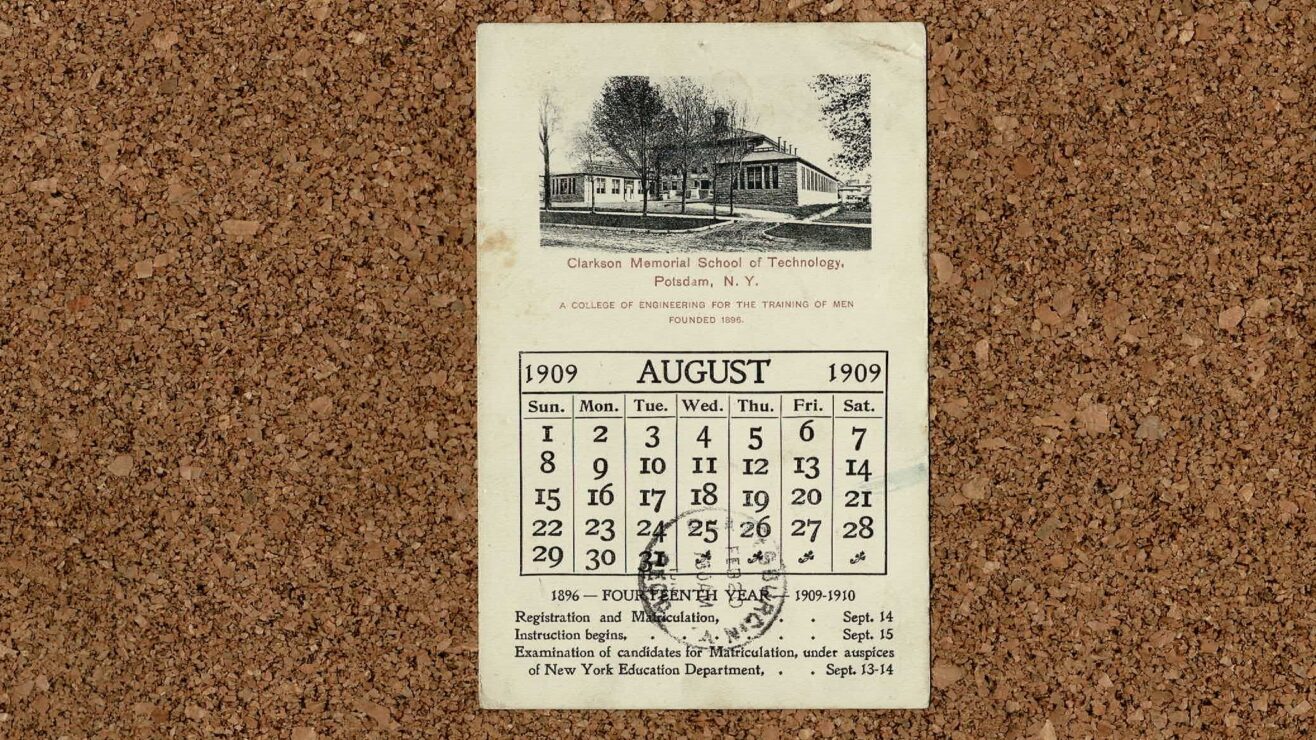George A. Romero died recently. He made low-budget zombie films which, at the time, were seen as extremely low-brow, with unknown casts and minimal financial backing.
Today, many view Romero differently. In obituaries, he is now seen unequivocally as a risk-taker who used an accessible medium to raise awareness of a range of social inequalities. His catalogue includes Night of the Living Dead (1968) now thought of as the seminal zombie classic combining horror and social satire. Its success spawned a series: Dawn of the Dead (1978), Day of the Dead (1985), Land of the Dead (2005), Diary of the Dead (2007) and, finally, Survival of the Dead, released in 2009.
His satires present a dystopian context in which uncontrolled and meaningless consumption triumph, leading to an inevitable social reproduction in which only the most voracious zombies survive. Zombies, per se, are often described as slow-moving amoral beings, yet, in destroying all human life around them, their inane consumption produces clones as a critical mass of sameness: same features, same attitudes, same lack of perception and cognition, same incapacity to consider any kind of injustice. In essence, zombie colonies are the ultimate self-serving social network. Does any of this sound familiar?
The dystopian academy
At the same time as Romero was producing his zombie classics, lots of metrics have been gathered in higher education, which demonstrate that similar injustices prevail within every facet of the academy. These injustices are premised on the same social reproduction depicted in Romero’s films. The storyline in higher education is just as depressing and dystopian…
The Social Mobility Commission indicates that it will take at least 80 years to eradicate the social class gap for participating in higher education. HEFCE analysis for 2016 shows that UK domiciled BME students are nearly 14% less likely to gain a good undergraduate degree than their white counterparts, with minimal positive movement.
HEFCE’s trend analysis also shows that there has been a collapse in part-time provision with an overall reduction in uptake by 61% since 2010-11. This limits a useful ‘lifelong learning’ route back into higher education for older students studying on courses below first degree, such as foundation degrees, HNDs and HNCs. Other elements such as gender discrimination and poorer outcomes for disabled students persist. Although more non-traditional students now enter higher education, the picture, albeit non-celluloid, is similar: one of stagnation, torpor and continued disadvantage.
Zombie leaders in higher education
In zombie organisations ideas are reinvented beyond refutation; the same solutions re-emerge with the same outcomes, sanctioned by a homogenous mass of zombie leaders who act without thinking and whom fail to notice what is happening around them, beyond their need to consume.
One recent study argues that this sameness is alive and well in the academy. It argues that ‘homophily’ – the ways in which individuals and institutions prefer sameness – is a real problem in higher education. A sense of meritocracy is purveyed within higher education, but it is a myth. Meritocratic logic dictates that talent will always rise to the top; therefore, the most intelligent and motivated of people will inevitably become the professors and senior managers who then drive the decision-making within our institutions. “Accordingly, professors who outwork their peers in the form of publications, fellowships, grants, etc., will be rewarded with tenure, promotion and other academic adoration befitting their merit, so the myth contends”.
But the consequence of homophily is when decision-makers and leaders already in positions of privilege seek to promote and support others just like them. This resonates with Romero’s portrayal of zombie leaders who, in his films, are devoid of critical consciousness. They fail to recognise difference because they cannot see it or experience it. Could this be the principal reason for the continuing failure to address disadvantage in higher education? It is unsurprising that academy leaders (in dystopian terms, those dominant and voracious zombies who inhabit the same social space) have any real insight into the everyday lives of their subordinates beyond seeing them as the means of consumption, rather than creative production.
Discriminatory zombie conduct
It is time for the academy to recognise its zombie conduct in which discriminatory and exclusionary practices take place on a daily basis and for the need to develop a diverse and critical leadership approach that moves away from the homophilous social networking club that its leaders reproduce. Almost ten years ago, the Equality Challenge Unit, when reporting on institutional culture within higher education, recognised that “everyone is the product of their background, and our background affects our attitude and behaviour. This can lead to (unwitting) preconceived ideas and stereotypes”. These practices can lead to othering and exclusion.
From zombie fiction to reality
There is plenty of evidence available on the cloned nature of higher education and how it reflects and creates continuing injustice. It is up to us ‘survivors’ to assert an alternative form of academy, before being consumed and becoming part of this ‘zombie-fied’ dystopian sequel, made worse by the knowledge that this is not filmic fiction, but the lived reality for many.














Life is only fair on the dead!
Leo, couldn’t agree more but in the context of HE, adjudicating who is dead, as opposed to who are zombies is problematic!
The zombie university has, of course, been considered in relation to neoliberal managerialism – that zombie-ism is merely a symptom of neoliberalism (e.g. see ‘The Toxic University: Zombie Leadership, Academic Rock Stars and Neoliberal Ideology’). In a sense, in addition to being an economic ‘rationalising’ impulse, neoliberalism in terms of a way of thinking or being is increasingly seen as simply our lot, our intellectual zeitgeist. For example, when we’re blithely reading an amazon delivered book and checking facebook in a zero hours coffee shop isn’t that being a zombie consumer? In this context, do we deserve zombie managerialism, with… Read more »
John, completely agree that we are being turned in to zombies almost surreptitiously, i.e. not even aware we’ve been bitten or infected! Perhaps there is a way forward as you suggest re critical consciousness of the new wave of students. Perhaps time for a post-zombie narrative?
Reading this made my day!!!! I totally agree having worked at a university for only 3 years I find myself becoming ‘zombiefied’ and can see my uniqueness, creativity and my passion dying. Found this so refre
shing to read
Yes, I agree, but I also think that the process of zombification has long roots, even before the neoliberal era, certainly from comments people in HE have made from outside the UK. However, having been a student rebel in the 1970s, and sure enough this was a useful learning process, looking back on it is a little embarrassing, and the ideologies I espoused are unsupportable. Perhaps I have got to that critical view because I was allowed to express them, back then. Back in 1968, in Paris, quite a few university lecturers were participating with their students in the protests,… Read more »
[…] undead). It even has a hashtag (#zombiesinhe). We’ve written about it elsewhere, suggesting that zombie leadership is alive, and what this might look like if we were to apply metrics to […]
[…] undead). It even has a hashtag (#zombiesinhe). We’ve written about it elsewhere, suggesting that zombie leadership is alive, and what this might look like if we were to apply metrics to […]